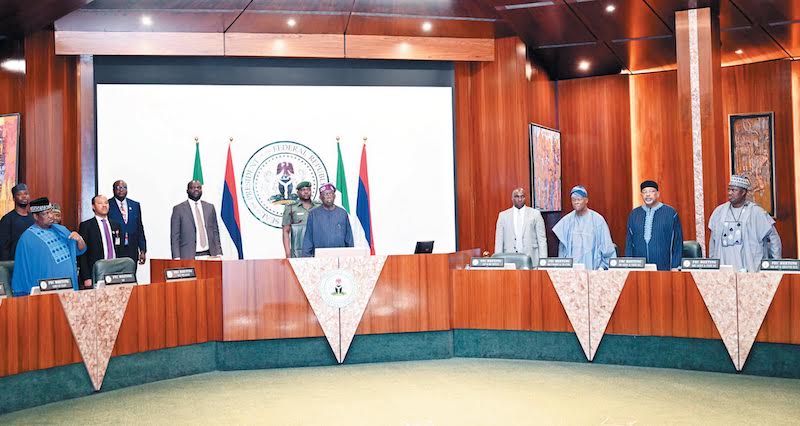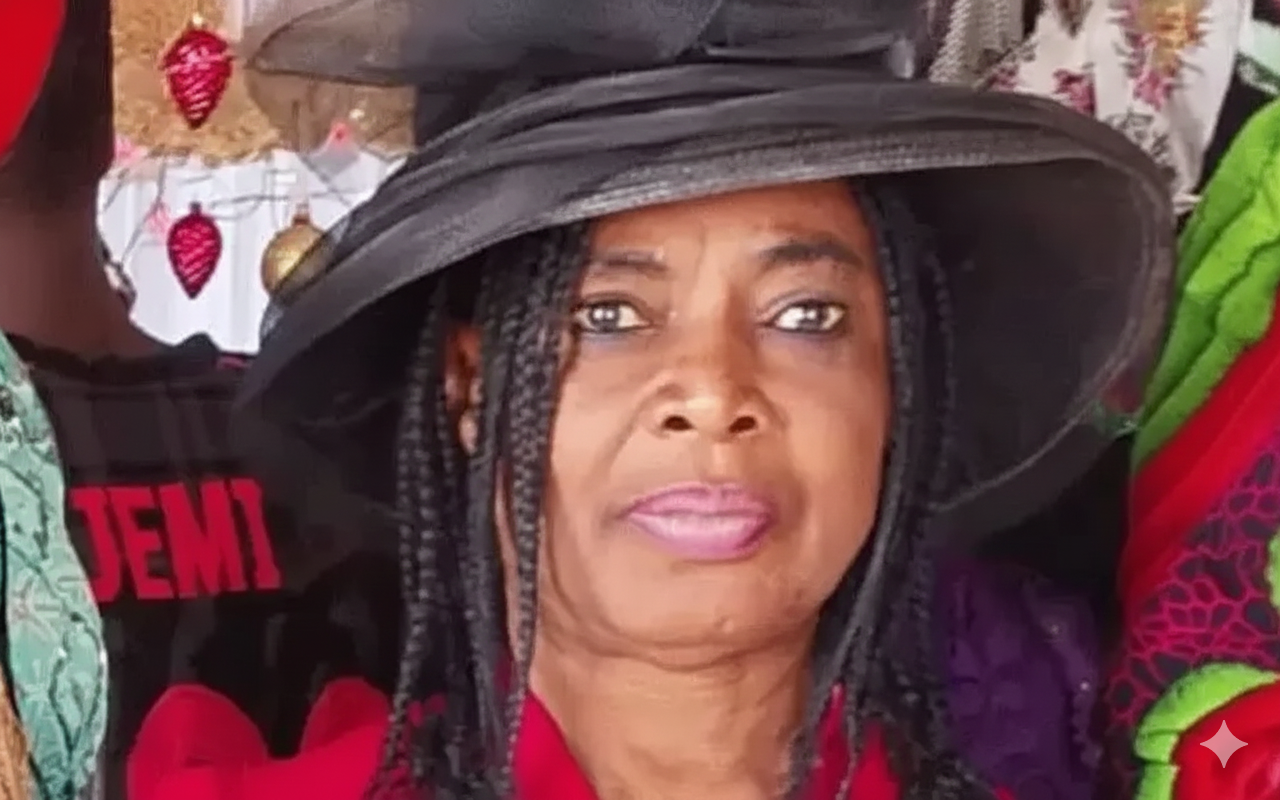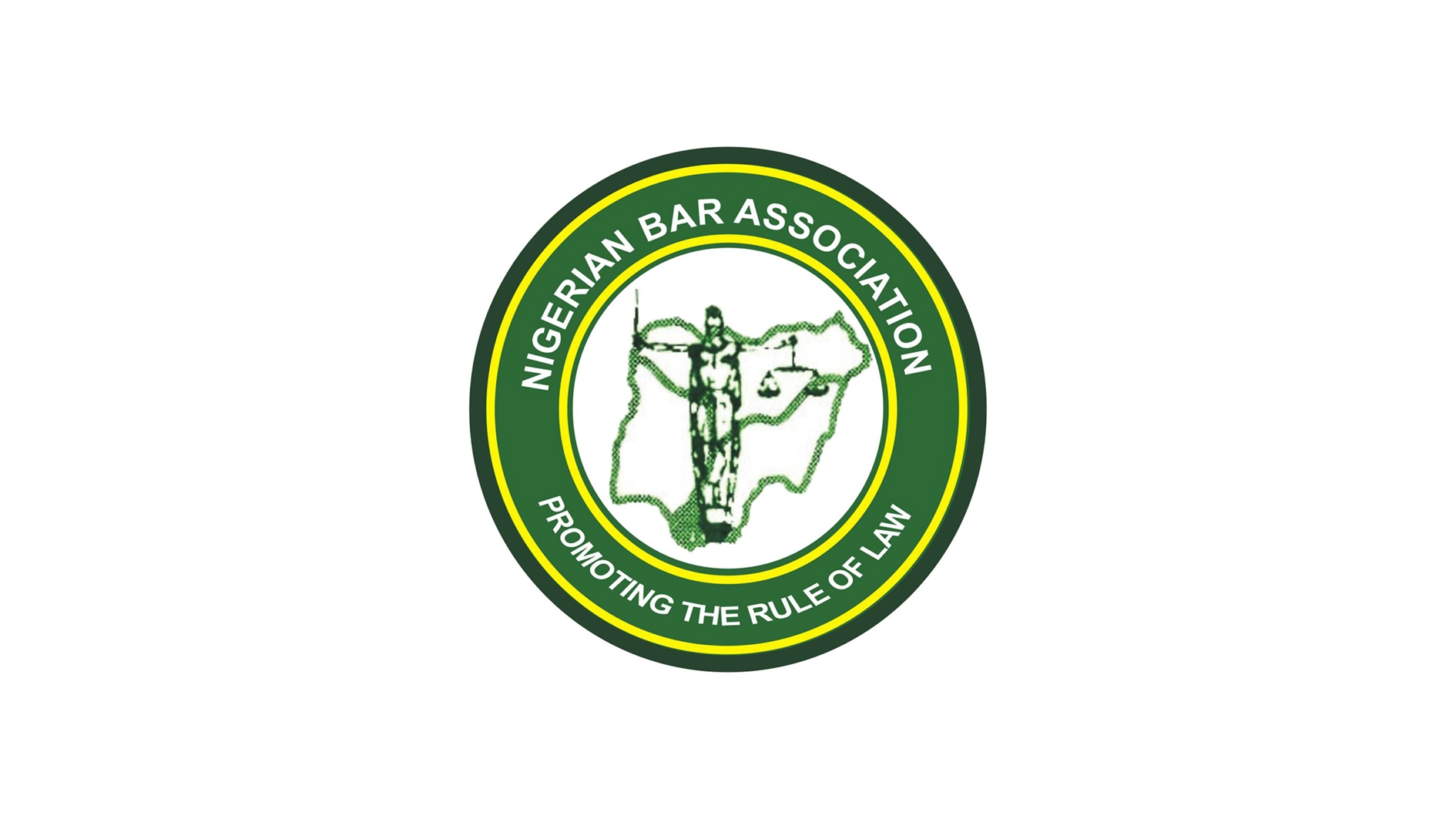
The Federal Executive Council (FEC) has approved a total of $1.07 billion in financing for healthcare sector reforms under the Human Capital Opportunities for Prosperity and Equity (HOPE) programme, as well as a N4.8 billion allocation for HIV treatment, signaling a major investment in Nigeria’s health sector.
The announcement was made by the Minister of Finance and Coordinating Minister of the Economy, Wale Edun, who disclosed that the World Bank’s concessional financing arm, the International Development Association (IDA), has provided two concessional loans of $500 million each, alongside $70 million in grant funding from other international bodies.
The Coordinating Minister of Health and Social Welfare, Muhammad Ali Pate, who elaborated on the key components of the financing, stated that the HOPE programme aligns with the administration’s agenda to strengthen human capital development.
He said the funds will be directed toward improving governance in healthcare and enhancing primary healthcare services nationwide.
“This financing will support recruitment, training, and retention of healthcare workers and teachers at the subnational level,” Pate said.
“Additionally, $500 million is dedicated to expanding the quality, utilization, and resilience of the primary healthcare system, including emergency maternal and child health services.”
As part of broader healthcare reforms, the council also approved N4.8 billion for the procurement of 150,000 HIV treatment packs over the next four months. The initiative, Pate stressed, underscores the federal government’s commitment to providing life-saving treatment and reducing healthcare costs for vulnerable populations.
Furthermore, FEC discussed the implications of the recent U.S. policy changes on Nigeria’s health programmes, particularly regarding HIV, tuberculosis, and malaria funding. A multi-ministerial committee, including representatives from the Ministries of Finance, Health, Defense, and Environment, as well as the Governors’ Forum, has been tasked with developing a transition and sustainability plan to mitigate potential funding disruptions.
“This administration is committed to ensuring that those receiving treatment do not experience interruptions,” Pate assured. “We appreciate the U.S. government’s contributions over the years and remain committed to a constructive partnership while strengthening Nigeria’s healthcare system with domestic resources.”
In addition to health sector reforms, the Nigeria Customs Service secured FEC approval for projects worth N20 billion, including procurement of compressed natural gas (CNG) vehicles and the construction of forward bases in remote areas, alongside a N1 billion life insurance policy for officers.
With these decisions, the government said it has reinforced its focus on healthcare, human capital development, and financial sustainability, setting the stage for transformative improvements in the nation’s social services sector.
FEC also approved the establishment of the creative and tourism infrastructure corporation to develop the sector under a Public-Private Partnership (PPP) arrangement.
The Minister of Art, Culture, Tourism, and the Creative Economy, Hannatu Musawa, disclosed this while briefing newsmen after the meeting presided over by President Bola Tinubu at the Presidential Villa, Abuja.
Musawa said, “The council approved the establishment of the creative and tourism infrastructure corporation to invest and develop Nigeria’s creative and tourism industries’ infrastructure under a PPP partnership.
“This is really very pronounced on the initiative that we hope will propel Nigeria’s creative industry and the tourism industry to new heights by allowing it to unlock its immense potential that we all know, enhancing economic growth and global soft power.
The new technology of art, culture, tourism, and the creative economy was created in October 2024, and we really meant to go out to see what we can do to build on the creative industry, the Cultural Institute, and the tourism industry.
“The establishment of this creative and tourism infrastructure corporation is a special purpose vehicle under a PPP framework that will allow us to identify and deploy and finance critical infrastructure needs in the creative industry.
“I think we all know that, at the moment, everybody talks about creativity being in Nigeria. There’s a lot of interest in Nigeria, not because of anything, but because of our context and because of our creativity. And the President was very, very intentional in trying to diversify his government by making sure that we build on the creative industry and innovation.”
The minister said the authorities have already engaged with development partners and stakeholders all over the world to develop innovative infrastructure development and financing approaches.
He said, “The real key objectives of this are to provide the infrastructural foundation that is needed for the creative industry and for the tourism industry, and to generate at least $100 billion to increase the GDP and at least 2 million jobs, specifically for the younger demographic.
“We really hope to develop world-class infrastructure. We want to attract investment, nurture talent and innovation, promote Nigeria’s cultural heritage, and use it as a tool for growth, both globally and locally, and to create output generally. So, by bridging the infrastructure gap—because we all know there’s a lot of value in the creative industry and in the tourism industry—and this value can only really be extracted to the benefit of the material if we put the modalities in place that allow its growth.
“One of the key areas that has a huge gap is in the area of infrastructure. There’s a huge content, there’s a huge talent, there’s just so much, but there’s no infrastructure. Just last year, December, everybody saw what happened in Lagos for Diddy December.
“This was a huge, huge way of showing the world that Nigeria has what it can offer to the world when it comes to the thinking industry. But can you imagine if that Diddy December was supported by the infrastructure that would allow its growth? We want to leverage that output to ensure that we really have the value—the huge value—that can bring economic growth in this industry.”
She named some of these projects to include Abuja Resort Range, Yankari Games Reserve, the Abuja Creators City, 5000 cinema screens, Creators’ City at the Wale Soyinka Lagos Center for African Arts, and the digital distribution network, as well as upgrading of the National Gallery, among others.






